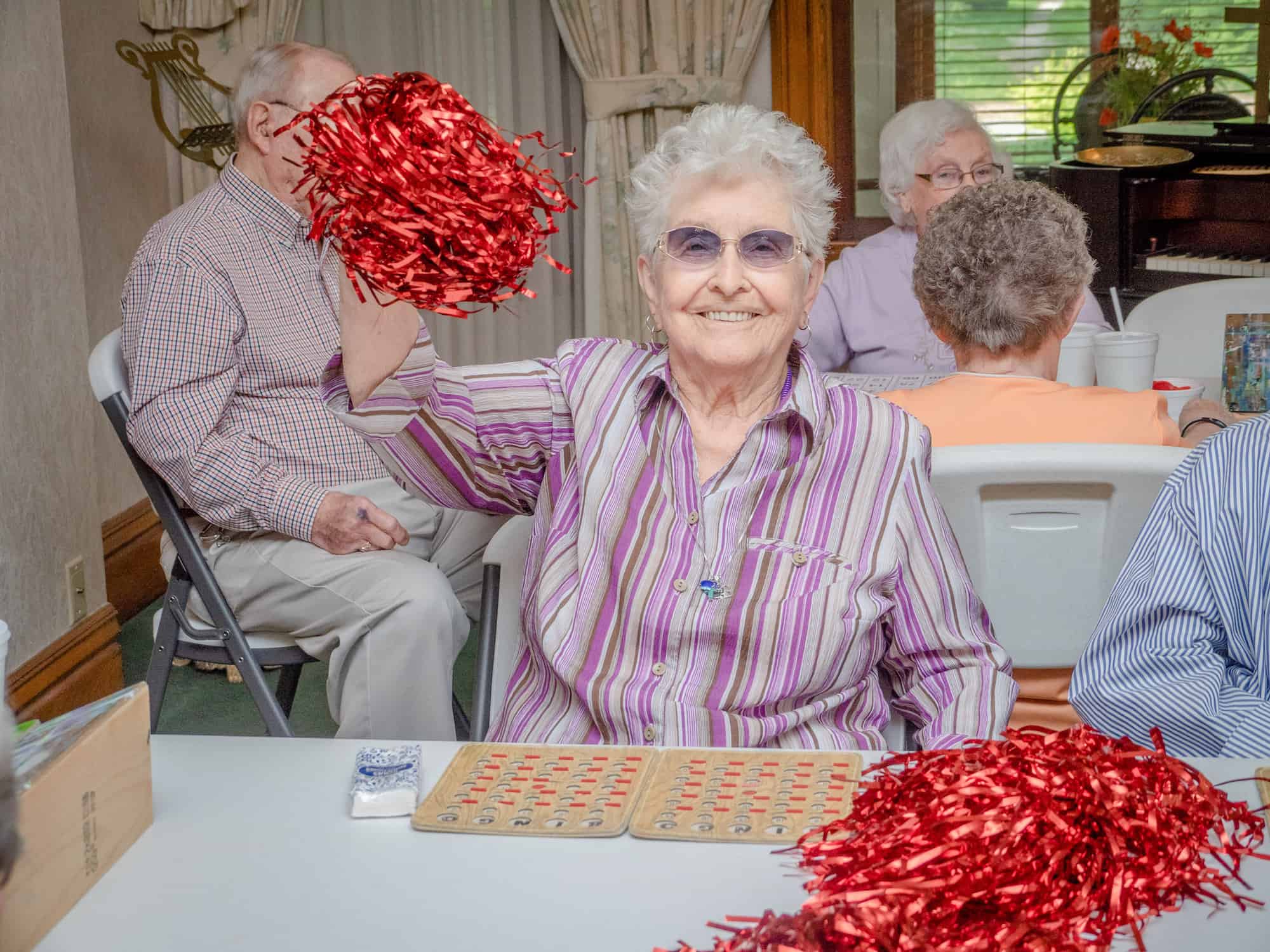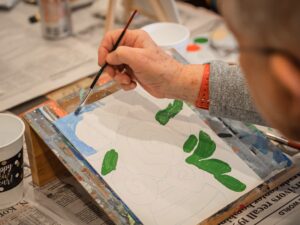We speak with family caregivers every day that have questions about the mental health of their loved one. Your loved one and their health is so important! So we wrote this article to shed more light on the topic of depression in the elderly.
How many times have you heard: “A bit of depression as you age is normal. It’s just one of those things that comes with age.” The truth… Depression is not a normal part of aging. Having periods of sadness throughout your life is to be expected, but prolonged feelings of sadness should be discussed with a physician.
Watching for signs of depression is even more important when you are the caretaker of an elderly family member or friend. In fact, many elderly patients are misdiagnosed or lack treatment due to depression symptoms being so similar to other common symptoms associated with aging.
The Symptoms
If you’re concerned about an elderly friend or loved one, here are a few depression symptoms to look for:
- Feelings of sadness, despair, worthlessness and/or helplessness, persistent sadness or frequent tearfulness
- Excessive worry about finances, health problems, death or being a burden to others
- Fatigue
- Pacing and/or fidgeting
- Lack of motivation and/or energy or withdrawing from social activities
- Slowed movement or speech
- Fluctuations in weight
- Unexplained or aggravated aches and pains
- Changes in sleep patterns: Oversleeping, undersleeping, difficulty falling asleep or staying asleep or daytime sleepiness
- Memory problems or difficulty concentrating
- Neglecting personal care: Skipping meals, neglecting personal hygiene or not taking medications
What You Can Do To Help
If you spot any of these symptoms, it is important to discuss your concerns with them first. Encourage them to visit you or other friends, get out of the house a few times a week, volunteer, join a local church group or invite them over for a weekly gathering. You might also suggest they get a pet to care for and keep them company or implement a regular workout, such as walking, yoga or tai chi. There are also medication or psychotherapy that may be suggested. Each person’s situation is different and should always be discussed with their personal physician.
At Charles Ford Retirement Communities
We understand the importance of getting into a healthy rhythm, which is why we have many forms of fun to make sure our residents are staying healthy both mentally and physically. But it’s not just the “programmed activities”, it’s the lifestyle that is encouraged day-to-day at our community that keeps us active.
From enjoying the town of New Harmony on foot and on golf cart, to attending summer and fall festivals to our gardening club, painting, crafts and even pottery. Plus, we tote our residents all around the area with our free transportation to local events and appointments.
It’s important for all of us to keep our minds sharp, so we have fun right alongside our residents!
Of course, socialization is only one piece of the mental health puzzle. Research also suggests that implementing a healthy exercise regimen can also help with depression, which is why we offer fitness classes like chair yoga and tai chi.
For more information on ideas to keep active and to learn more about life at Charles Ford Retirement Communities, give us a call or visit us online.







